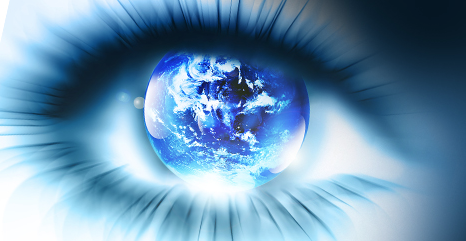
Chabad’s obsession with Moshiach (Messiah)
We want Moshiach now!
May it be speedily in our days, amen!
If you’ve spent a few minutes with a Chabad’nik, listened to a class, sermon or lecture from a Chabad Rabbi or spent a few minutes in a Chabad home you surely encountered some expression associated with Moshiach. A prayer, a wish, a hope.
The final days of Pesach are upon us and this holiday has a particular association with Moshiach. The verse states, “as it was in the days that you left Egypt, I will show you wonders (in the final redemption)”. The Haftorah of the last day of Pesach is a prophecy regarding the era of redemption, and it is well known that the Baal Shem Tov conducted a special feast towards the end of the holiday known as the Feast of Moshiach. It has since become a common tradition in Chasidic circles to conduct this feast and in Chabad circles 4 cups of wine are drunk and Matzah consumed similar to the Seder.
For all of these reasons, I will attempt in the next few paragraphs to address the question; Why is Chabad obsessed with Moshiach?
I’ll organize the answer into two parts. 1. The overall Jewish fundamental belief in Moshiach and 2. The Chabad angle on Moshiach.
Maimonides in his Principles of Faith lists the belief in Moshiach as one of the big 13. In his magnum opus in the laws of Moshiach he writes that one who doesn’t believe in Moshiach denies not only the Prophets but also the Torah itself and Moses. The reason for this is that creation has purpose and that purpose is found on this earth itself. The ultimate purpose is found in a perfected world. As long as Moshiach hasn’t come the world is not perfected. Additionally, G-d being a just G-d must meet out justice and pay reward to those who fulfilled their duty in this world. Reward for human beings needs to be dispensed to human beings bodies and souls. In a messianic perfected world, a world of bodies and souls, including those that have passed on and have returned, reward is dispensed to all and this brings G-d’s justice to a completion.
One final point; there are certain Mitzvos that can only be fulfilled once Moshiach comes. If we argue that the Torah is truth but only 612 of the 613 Mitzvos are true (meaning that we can only observe 612 of them and that other 1 we’ll never be able to fulfill) that creates an untruth in all of the Mitzvos and thus casts in imperfection in the heretofore perfect G-d.
Thus, for all the above reasons (and more of course) Moshiach is a fundamental belief in Jewish thought.
In 1951 when the Rebbe assumed the leadership of the Chabad movement, he built upon a long held tradition that started with the Baal Shem Tov. The tradition had it that the teachings of Chasidus were a precursor and a means of preparing the world for the coming of Moshiach.
The Rebbe likened our generation to the role of Moses and his generation which was the 7th in a line of righteous enumerated by the Midrash with the job of bringing the Divine presence back into the world as it was at the beginning of creation prior to the sin of Adam and Eve.
The job of our generation, the Rebbe said, is to bring the Divine Presence back again with the revelation of Moshiach. This is to be achieved by bringing G-dliness to any place physical or spiritual where it may be lacking.
This is the mandate the Rebbe us gave in his “acceptance speech” and he built on it and fueled it throughout the next 41 years of his leadership.
He did this with love for all humanity, he did it with passion for goodness, he did it with empowerment of every individual that came his way.
So, if Moshiach is so fundamental to everything Jewish, and when you have a teacher, mentor, leader, Rebbe like the Rebbe, well is it any wonder that we are obsessed with Moshiach?
Join Rabbi Sollish on Shabbos at 7:00 PM for a Moshiach Seudah, Moshiach Feast to close out the holiday. More information here.
